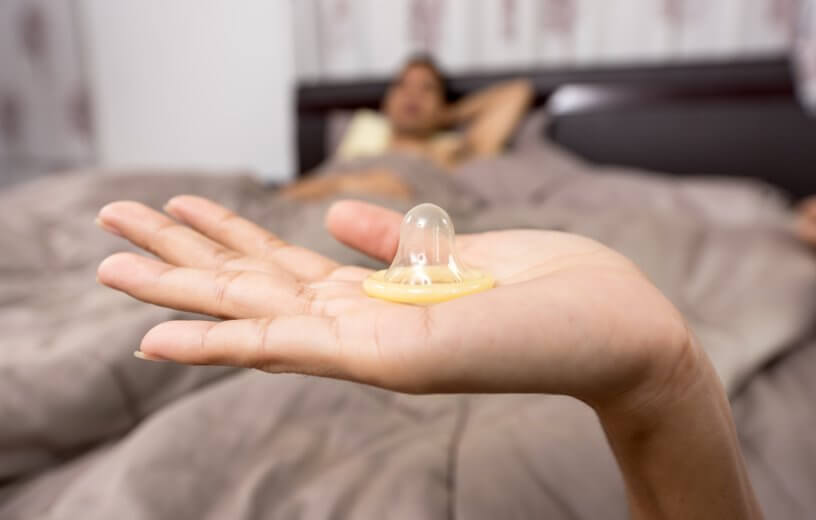JIANGSU, China — For men looking to avoid getting their partner pregnant, there are basically two options — condoms or a vasectomy. Now, scientists are experimenting with an unlikely third option, magnets. A team in China has developed a long-lasting and biodegradable male contraceptive which uses injections of nanoparticles and magnetic fields to keep men from reproducing.
Their study tested this concept on male mice, examining the effectiveness of two different kinds of nanomaterials entering the body. The process involves heating the nanoparticles after magnets help to guide these tiny particles down into the testes. Once there, they act as a contraceptive as the heat shrinks the testes and inhibits spermatogenesis.
Heat is no good for sperm
It’s no secret that high temperatures are not good for the health of a man’s sperm. Even a guy’s clothing — such as tight-fitting pants or underwear — can decrease their sperm count. With that in mind, previous studies have looked at using heated nanomaterials injected right into the testes as a form of birth control. Unfortunately, scientists have found that the injections are too painful, the heating damages the skin, and some of the nanoparticles tried out are not biodegradable.
Researchers Weihua Ding and Fei Sun led a team that’s taking on this approach from a completely new angle. The new contraceptive doesn’t involve a direct injection into the testes of males. Instead, after two days of injecting coated nanoparticles into the bloodstream of mice, scientists guided them into position using magnets. From there, they applied an alternating magnetic field to the area for 15 minutes.
Researchers used two types of iron oxide nanoparticles, one coated with polyethylene glycol (PEG) and others coated with citric acid. Although the team could heat the PEG particles, they couldn’t effectively move them using magnets.
On the other hand, researchers successfully moved and heated citric acid-coated nanoparticles in the testes — forming a barrier to pregnancy for several days. Results show mice treated with this concept could not father any pups for seven days. Moreover, the shrinking of the testes gradually reversed after 30 to 60 days.
“The nanoparticles were non-toxic to cells and were gradually eliminated from the body, offering new possibilities for male contraception,” the researchers write in a media release.
The study appears in the journal ACS Nano Letters.
